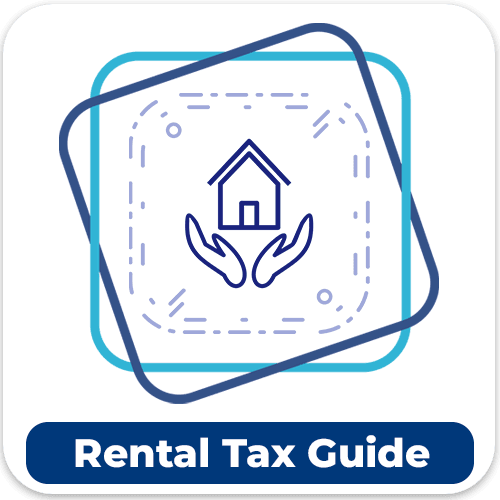Rental income in India may fall under either House Property Income or Profits and Gains from Business or Profession (PGBP), based on how the property is utilized. This classification impacts the deductions available, tax liabilities, and reporting on Income Tax Returns. Let’s break down how rental income can be classified, recent legal developments, and how these apply in practice.

Understanding Income Classification in Rental Property
The income derived from a property depends on its use:
- House Property Income: When the owner earns passive rental income without significant active management.
- Business Income (PGBP): When the owner actively manages properties as a business, providing services or employing resources to maximize profit.
House Property Income: Definition and Tax Implications
Rental income is typically taxed under House Property Income if:
- The property isn’t actively managed as part of a business.
- It’s leased out in a manner that doesn’t involve significant personal services or active oversight.
In this category:
- A standard deduction of 30% on the rental income is allowed.
- Interest on borrowed capital used for acquiring, constructing, or renovating the property can be deducted, within limits.
Advantages and Limitations of Classifying as House Property
- Pros: The 30% standard deduction simplifies tax calculation.
- Cons: Limited scope for additional deductions and no allowance for business-related expenses.
When Rental Income is Considered Business Income (PGBP)
Under PGBP, rental income is treated as business income when:
- Property leasing is a primary business activity.
- The rental operation involves substantial active management.
If classified as business income, owners can:
- Deduct actual business expenses incurred in managing and maintaining the property.
- Avoid notional rent when the property is vacant.
Key Benefits of Business Income Classification
- Full Expense Deductions: Expenses, such as maintenance, utilities, and employee costs, are deductible.
- Depreciation Claims: Owners can claim depreciation, reducing taxable income.
Legal Precedents and Guidelines for Classification
Supreme Court Judgments on Classification:
- Chennai Properties Case (2015): Reinforced that leasing properties as a primary business constitutes business income.
- East India Housing Case (1961): When renting is incidental, it falls under House Property Income.
The Consistency Principle
In Radhasoami Satsang v. CIT (1992), it was established that if a taxpayer‘s rental income has consistently been classified one way, it generally should remain so unless circumstances change.
Finance Act 2024 and Changes to Section 28:
The Finance Act 2024 clarified that income from letting out a residential property by an owner should be classified under House Property Income as of April 2025. This change aims to close loopholes and simplify income classification for rental properties.
Implications for Senior Citizens and Taxpayers with Multiple Properties
For individuals and seniors leasing properties, this classification can directly impact deductions and net income. Often, seniors prefer House Property Income for simpler deductions and predictable tax implications, but for those with multiple properties, a business classification can yield additional benefits.
Steps to Determine Your Classification
- Analyze Property Use: Is leasing your primary business or a passive activity?
- Consult Tax Advisors: Legal precedents and tax laws can guide classification.
- Consider Consistency: If your income was classified a certain way in prior years, changing may raise red flags.
The classification of rental income as either House Property Income or Business Income (PGBP) is critical for determining tax liability. While House Property Income offers simplicity, a PGBP classification allows for greater deductions. Always review your situation, consult with tax professionals, and stay informed about current laws to maximize tax efficiency.

